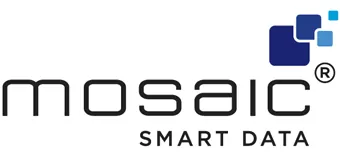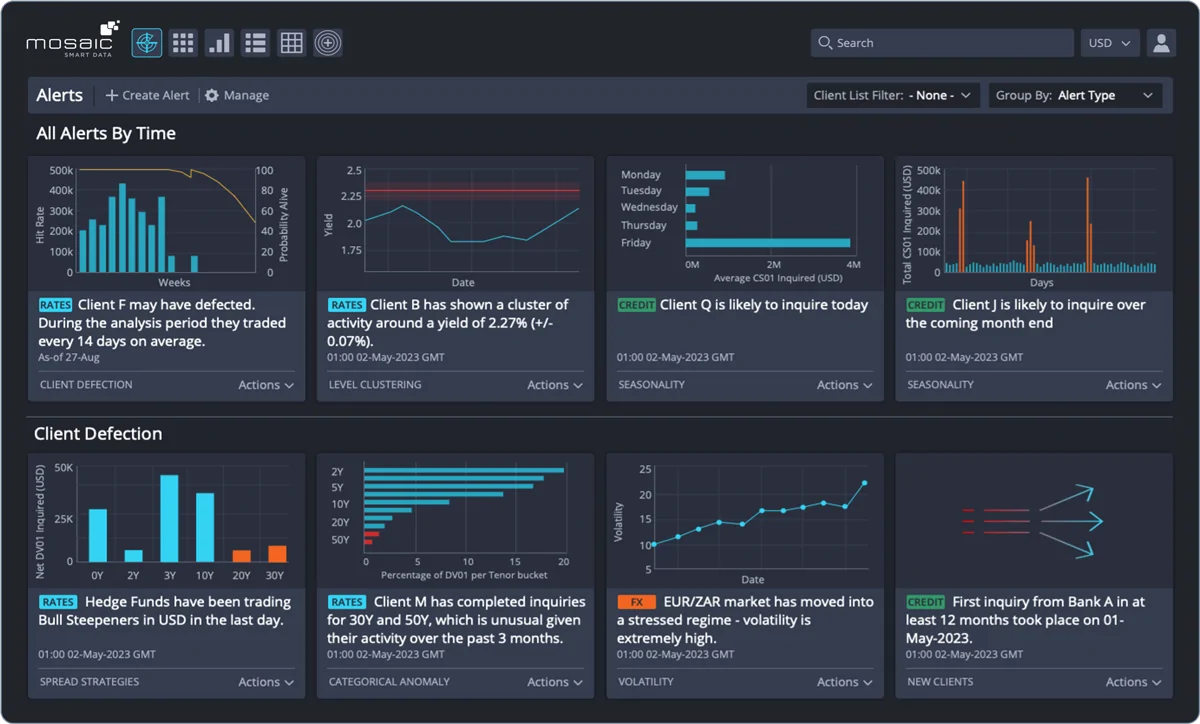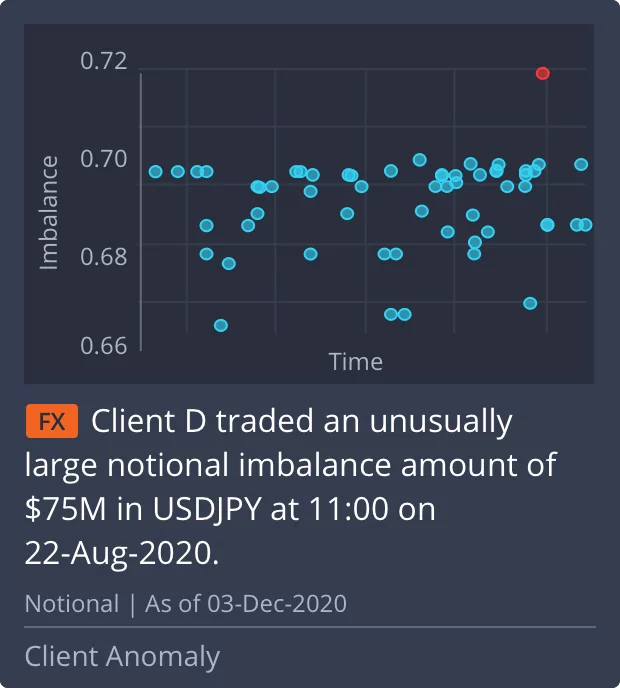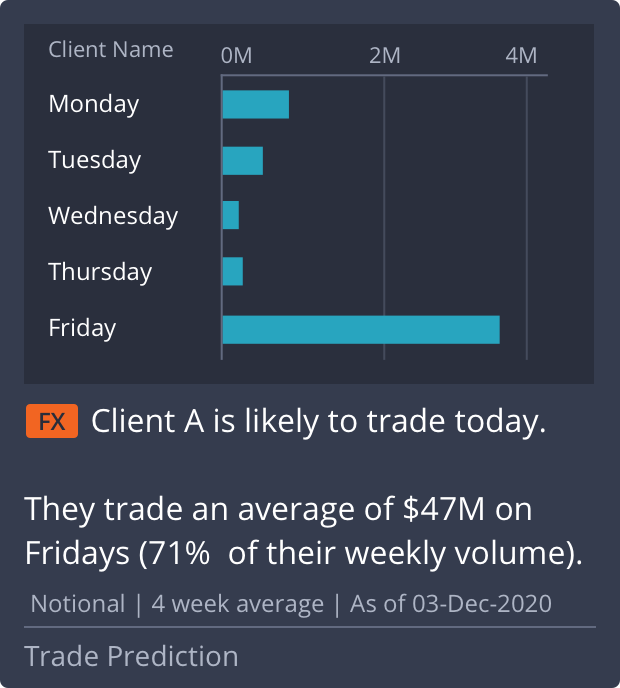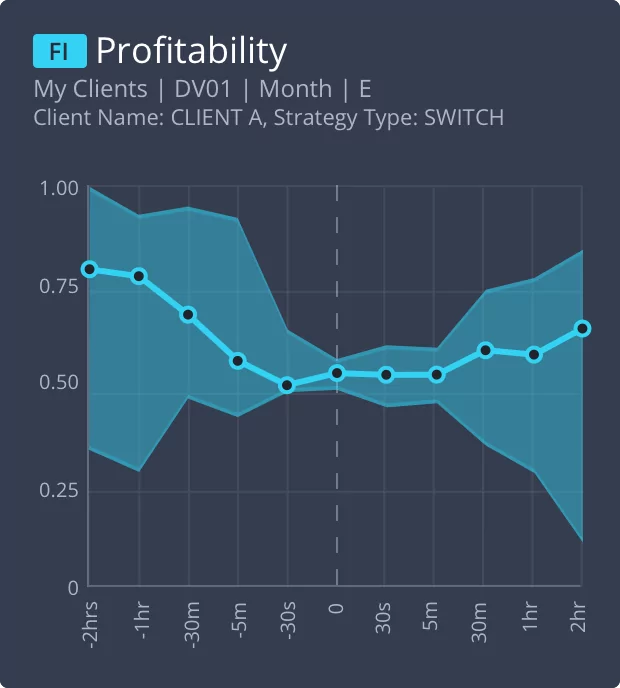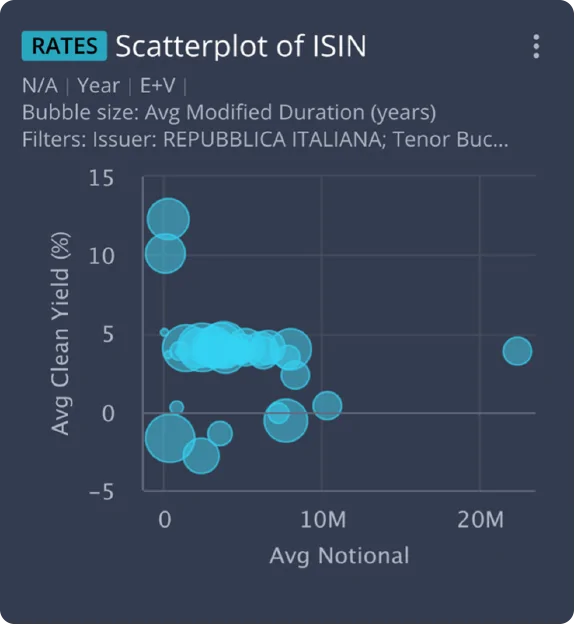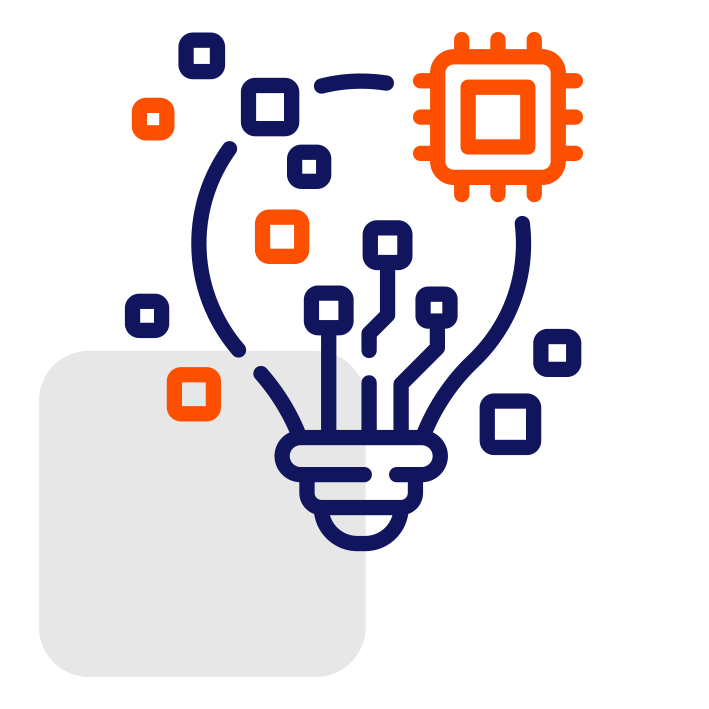Steps Ahead
The power of collaboration
By Iram Cook-Monie, Head of Customer Success, and Marek Lewandowski Head of Sales, at Mosaic Smart Data
Banks’ IT spending has been consistently on the rise for the last two decades. In 2023, Gartner predicted that banks would spend around $650 billion on technology, and in a recent study about three-quarters said they were planning to invest more in 2024. A large portion of this spending, however, is likely to go to the same legacy software platforms that have created the spaghetti junction of siloed technology platforms banks are forced to deal with today. In reality, banks’ priority should now be on investing in solutions that enable greater collaboration across the institution.
The challenge, however, is that while it’s easy for banks to stick to the status-quo of existing siloed systems, driving adoption of innovative new solutions that enable collaboration requires a careful approach to change management.
